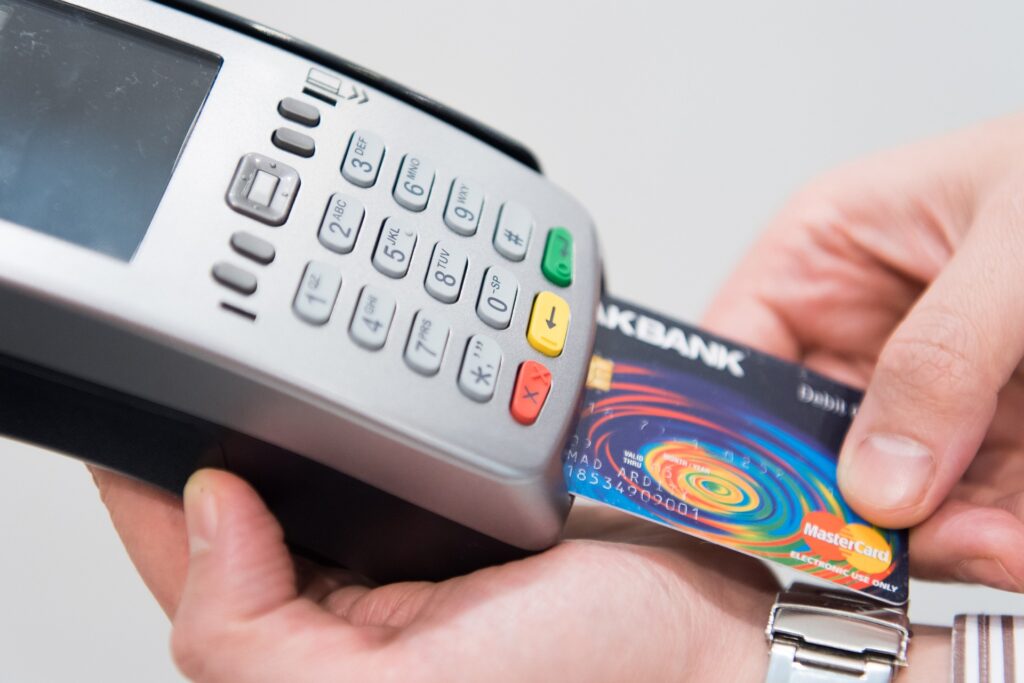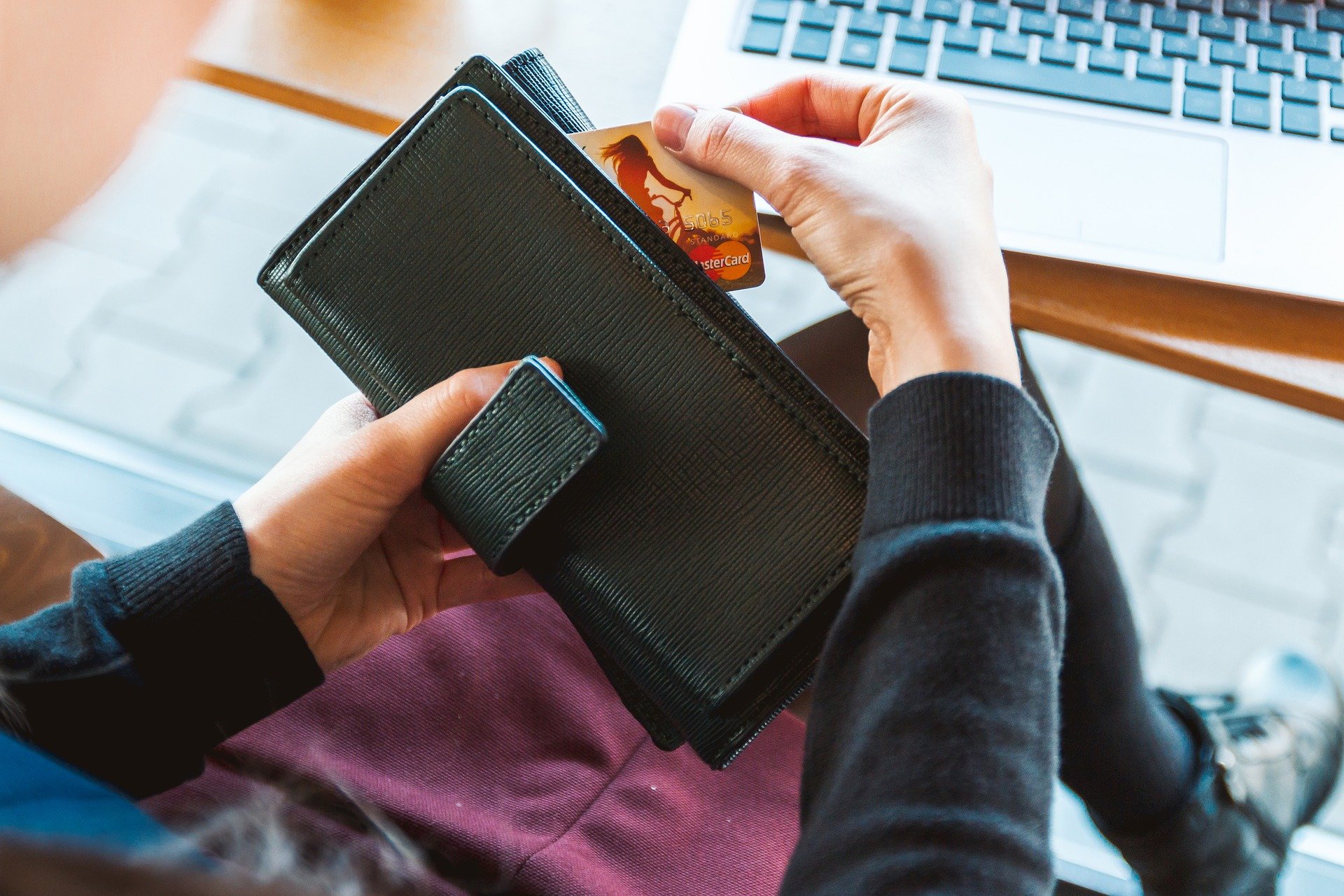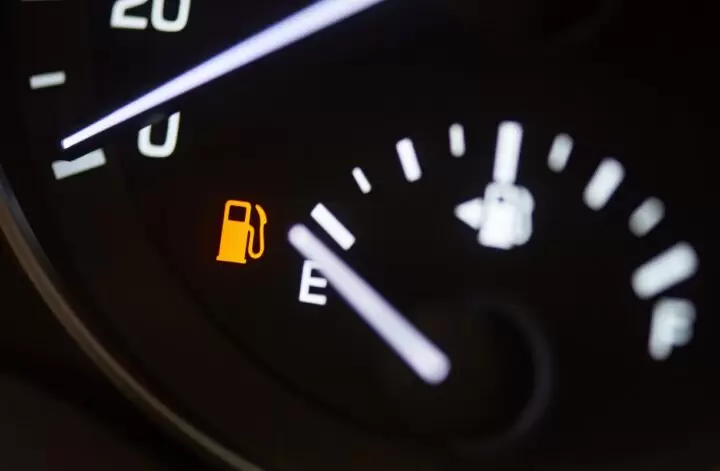With the advent of smartphone technology combined with the proliferation of the cashless society, there appears to be no end in sight for the multitude of alternative payment methods for customers and businesses alike. Alternative payments for your business using a means other than cash (which actually only accounts for around 25% of transactions) are becoming a common alternative method of doing business.
There are many alternatives and setting up your businesses for alternative payments can be tedious if you aren’t familiar with the different systems and it can cost money for each different type. There are some companies that can consolidate transactions (learn more here) so that you can keep track of all sources.
Some of the most common alternative payment methods include:
- Europay, Mastercard, and Visa
- Near Field Communication
- Cryptocurrency
EMV payments are probably the most common next to cash and most businesses are familiar with this system while NFC came about with advances in smartphone technology and cryptocurrencies are starting to become popular as they grow in value and accessibility.
A Common and Trusted Method
Europay, Mastercard and Visa payments are a common form of payment all over the world. This refers to cashless payments involving cash cards, credit cards, or debit cards containing a smart chip (chip and PIN) which is installed inside the card itself. These cards are the same as the modern ones that people will commonly use to withdraw cash from an ATM or pay at your business and the payment comes directly from a bank account.
You may not be set up for EMV payments and they require some technical knowledge to install as part of your business. There are EMV machines that you can buy and connect to a compatible POS cash register that needs to be installed by a professional for best results and employees might need to be trained on how to use the system.
However, an EMV machine isn’t too expensive and is worth getting sooner rather than later as EMV transactions account for around 45% of all global payments made to businesses, and today’s consumers naturally expect to be able to pay via some sort of EMV system for convenience since it has become the standard way to pay, next to cash.

A New Standard
Near Field Communication is a technology that has been made possible because of RFID and mobile phone technology and most devices such as those from Apple and other smartphone manufacturers support NFC payment. Apple Pay, Google Pay, and PayPal are some of the most common NFC payment apps used by consumers but it is also used in contactless EMV cards.
However, although NFC is quick and easy, it isn’t a very popular method of payment at the moment since most mobile phone manufacturers only include NFC as an option in their more expensive handsets rather than all models made. That being said, NFC is technically more secure than traditional EMV payment since it can incorporate third-party technologies such as encryption, requires user activation and the payment often comes from an e-wallet rather than directly from a bank account.
As smartphone technology gets cheaper and NFC becomes more popular, it is beginning to be included in lower-priced models and is quickly becoming a normal method of payment for the younger generation. Accepting NFC payment requires an NFC capable POS system that can be purchased and installed by a professional or included as an add-on for existing and compatible POS systems.
Controversial but Secure and Controlled
One of the most controversial subjects of the modern financial world and markets is cryptocurrency. Digital-only currencies such as BitCoin are becoming very popular among the general public because of their high value and encrypted security. As crypto becomes more popular, many of the world’s biggest companies now accept digital currency as an alternative to cash, EMV, or NFC.
Burger King, Microsoft, and Home Depot among many others will accept cryptocurrencies such as BitCoin in their stores which gives some justification and authenticity to the currency. The reason why many people are turning to crypto is that it gives you complete control over your money rather than using an intermediary such as a bank to facilitate payments.
But the cryptocurrency market is seen by some as volatile since it regulates itself and isn’t backed by a real-world standard such as gold or oil. Should you choose to accept crypto there are many options and it can be tricky to configure. Options include cryptocurrency card machines that can integrate with your POS, e-commerce solutions, and currency-specific invoicing.
Images from Pixabay





 Em Português
Em Português En Español
En Español